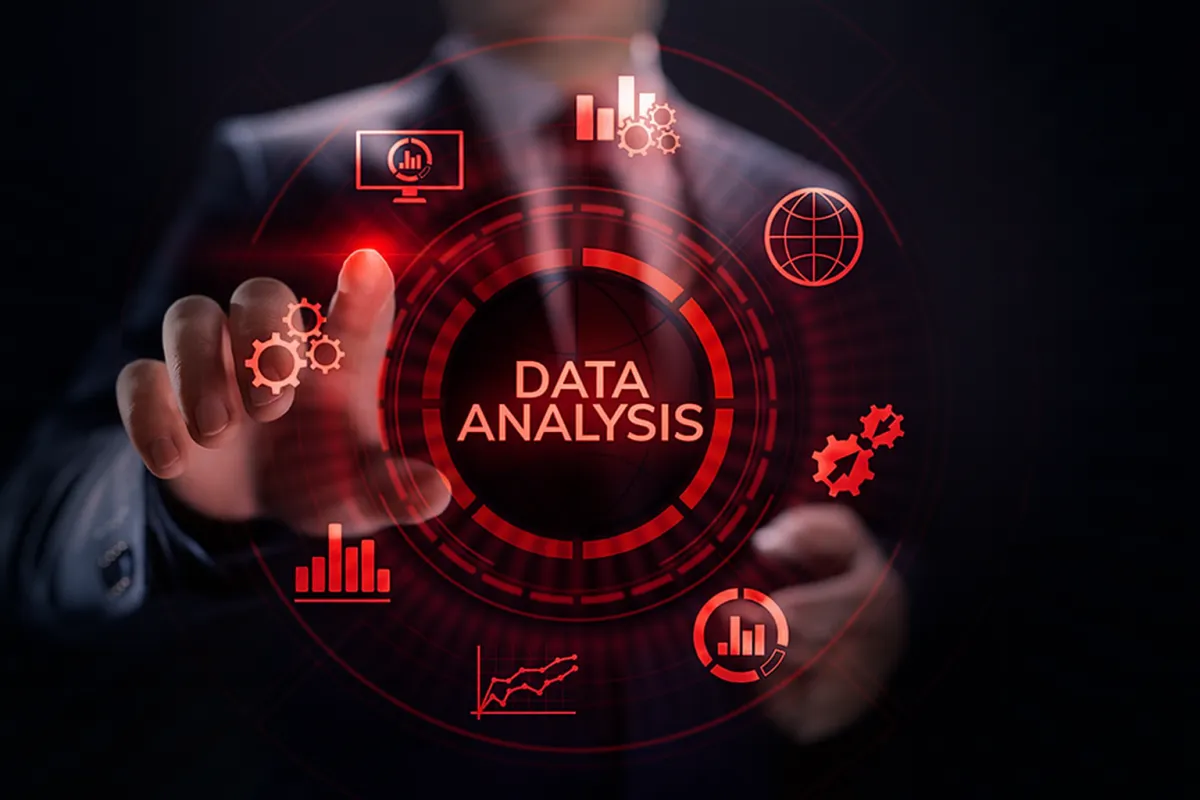Unlock the Power of Data with Data Analytics Training
Data analytics involves the process of examining raw data to extract insights, identify patterns, and make informed decisions. It encompasses various techniques and tools to analyse large datasets, derive meaningful conclusions, and support data-driven decision-making across different domains and industries. Data analytics training provides individuals with the knowledge and skills needed to perform data analysis effectively using techniques such as statistical analysis, data mining, machine learning, and data visualisation.

Key Components of Data Analytics Training
Foundational Concepts
Data analytics training typically starts with foundational concepts, including understanding data types, data structures, data collection methods, and data preprocessing techniques. Participants learn about different types of data (e.g., structured, unstructured, semi-structured) and how to prepare data for analysis.
Statistical Analysis
Statistical analysis is a fundamental aspect of data analytics. Training covers basic and advanced statistical techniques used to summarize data, test hypotheses, and make predictions. Topics may include descriptive statistics, inferential statistics, hypothesis testing, regression analysis, and time series analysis.
Data Mining and Machine Learning
Data mining and machine learning techniques are used to uncover patterns and relationships in data that may not be immediately apparent. Training covers algorithms and methods for classification, clustering, association analysis, and predictive modelling. Participants learn how to apply machine learning algorithms using programming languages such as Python or R.
Data Visualisation
Data visualization is essential for communicating insights and findings effectively. Training includes techniques for creating visualizations such as charts, graphs, dashboards, and interactive visualizations using tools like Tableau, Power BI, or matplotlib/seaborn in Python. Participants learn principles of effective visualisation design and storytelling with data.
Big Data Analytics
With the proliferation of big data, training in big data analytics becomes increasingly important. Participants learn about technologies and platforms for processing, storing, and analyzing large volumes of data, such as Hadoop, Spark, and NoSQL databases. They also learn how to work with distributed computing frameworks and cloud-based data analytics services.
Ethical and Legal Considerations
Data analytics training often covers ethical and legal considerations related to data privacy, security, and compliance. Participants learn about regulations such as GDPR (General Data Protection Regulation) and HIPAA (Health Insurance Portability and Accountability Act) and best practices for handling sensitive data responsibly.
Benefits of Data Analytics Training
Improved Decision-Making: Data analytics training equips individuals with the skills to extract actionable insights from data, enabling better-informed decision-making across various domains and industries.
Competitive Advantage: Organizations that invest in data analytics training for their employees gain a competitive advantage by leveraging data to drive innovation, optimize processes, and gain insights into customer behavior.
Career Opportunities: Data analytics skills are in high demand across industries. Training in data analytics opens up a wide range of career opportunities, including data analyst, data scientist, business analyst, and data engineer.
Innovation and Growth: Data analytics training fosters a culture of innovation and continuous improvement within organizations, empowering employees to leverage data-driven insights to identify opportunities for growth and optimization.
In summary, data analytics training plays a crucial role in equipping individuals with the knowledge and skills needed to harness the power of data and drive positive outcomes in organisations. It empowers individuals to extract value from data, solve complex problems, and contribute to innovation and growth.
Transform Your Business with
Expert IT Solutions
Get started today with tailored IT solutions for your business

Techa TVF IT Solutions is a leading provider of cutting-edge IT, ITS, Telecom, and Security solutions, delivering innovation, reliability, and 24/7 support across the UAE.
Contact Details
Head Office
Office S03, Prime Tower, Business bay, Dubai, UAE.
UK Office
53 Bradford Street, Walsall, WS1 3QD, West Midlands.
India Office
A-01/55, Nadia, 741235,
West Bengal, India
All Copyrights Reserved © 2025 - Techa TVF IT Solutions, part of Multinet IT Solutions
